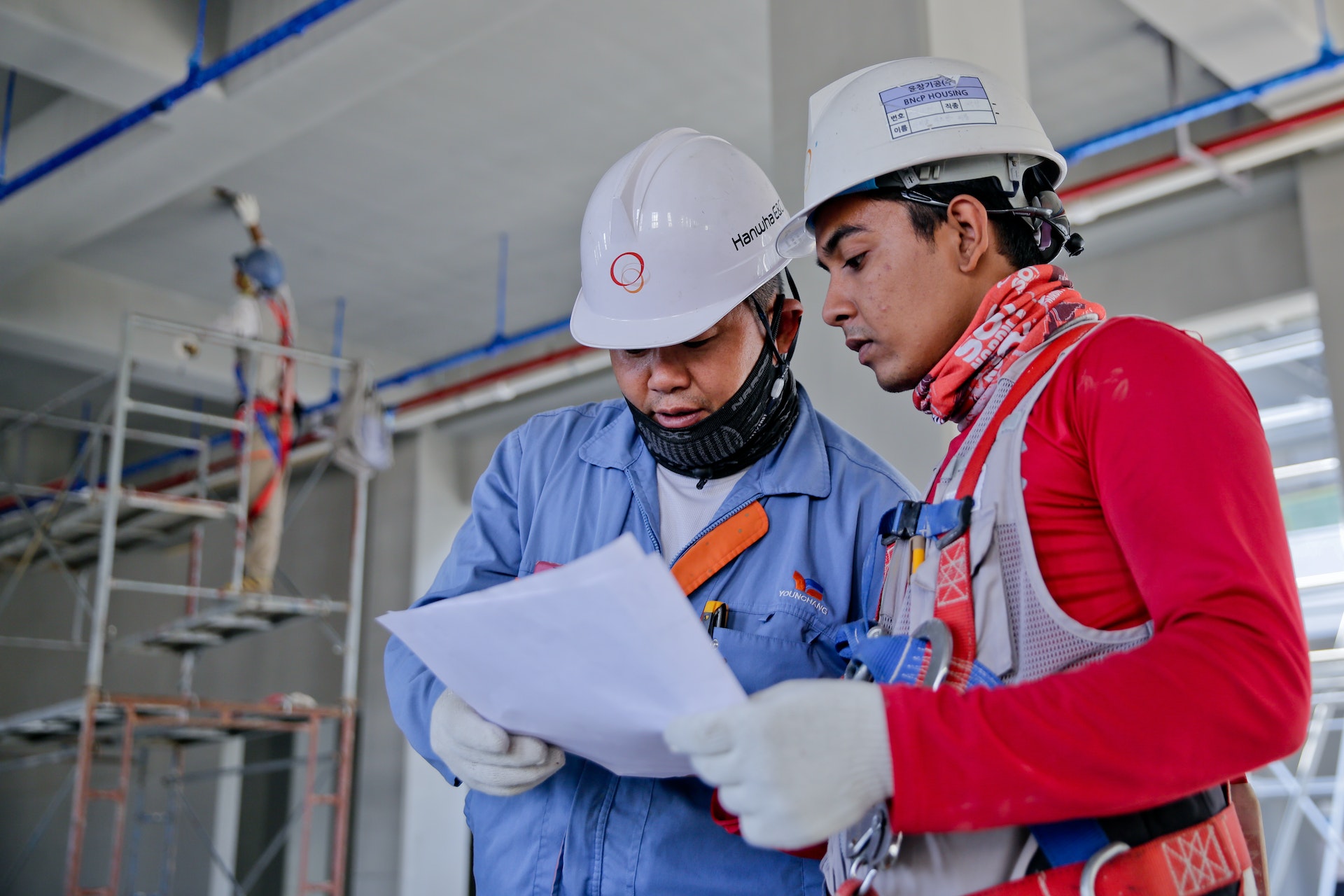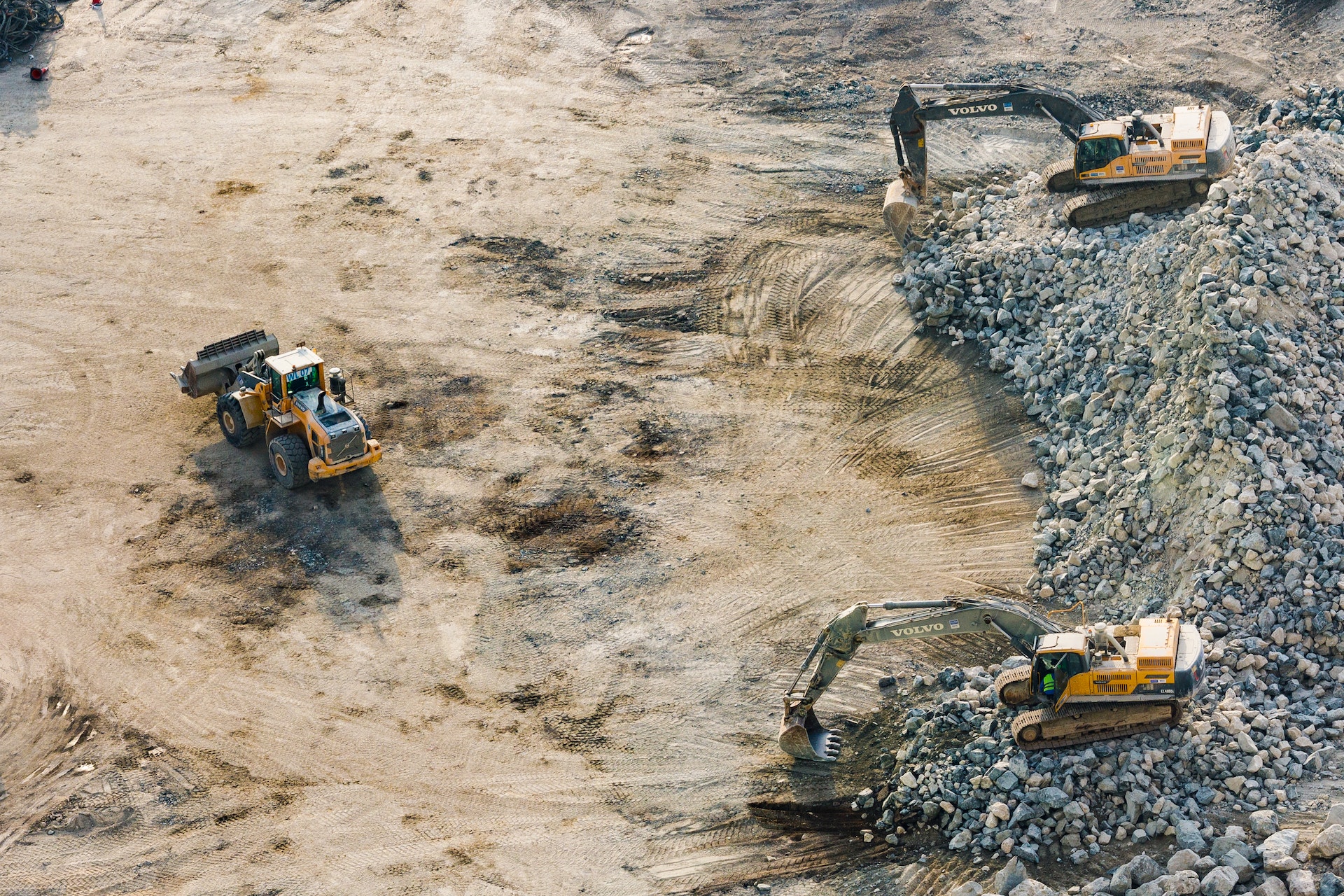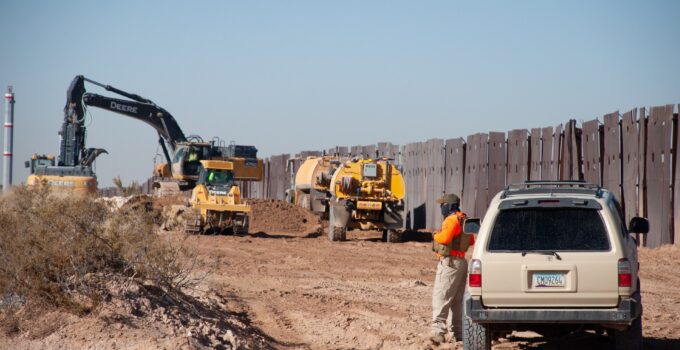The construction bidding process is the first step that decides a company’s workflow. Construction companies find many construction projects on different platforms, like online and in newspapers. However, not every project is worth bidding on. These companies also use construction management software like Bridgit to prepare a sound bidding document.
According to a report, there are over three million construction businesses in the US. The construction industry is growing rapidly and bringing in more projects. However, you must know which project is the most suitable for your company.
Without analyzing your company’s core competencies and strengths, bidding for a project is futile. This article will discuss six major factors to consider when deciding whether to bid on a construction job.
Page Contents
6 factors you must consider during the construction bidding process

Source: pexels.com
Your construction company might have years of experience with a strong portfolio. But that doesn’t mean you bid for every project you find. Despite having all the good qualities, a construction company must carefully decide whether or not to bid on a project.
Remember that not fulfilling the commitment of a construction project affects your company’s reputation. Even some companies’ financial credibility comes at stake, leaving them bankrupt. So, to help regarding construction bidding, here are the six factors you must consider.
Expertise
Construction projects demand high-level expertise in every domain. For example, your team must have a majority of experts in each of the following areas:
- Engineers – They are involved in the planning and construction phase and actively perform at the jobsite.
- Designers – They are mostly active in the pre-construction phase to design visual documents, like architectures and blueprints.
- Contractors – They hire subcontractors and supervise the onsite construction work.
- Managers – They cater to all construction requests and track progress.
Having more experts in every field determines your company’s strength. Many clients check the construction manager’s expertise before accepting the contractor’s bids.
When you have experts on your team, you rest assured about the quality delivery of the project milestones. How?
Suppose there’s a team of ten engineers, four of whom are experts. The expert engineers will guide and train the amateur engineers throughout the project and correct any errors they make. That’s how your team will become more competent, and the project’s completion will be more efficient.
Financial strength

Source: pexels.com
Your company must have enough financial resources to easily cover the losses during the construction project. For example, if you fail to deliver the project, your company’s reserve must have the amount to pay the project owner or the client.
Another key aspect is your company must have a continuous cash flow to fulfill the financial requirements. That includes the following:
- Salary – Employees’ salary and workers’ wages on the committed time.
- Rent – The rent expense associated with the construction equipment and office.
- Taxes – Government taxes related to residential, commercial, or industrial construction.
You should not rely only on the construction budget because some project owners might not pay the amount on your conditions. Although they will pay the full amount, you must keep working on the project. Meanwhile, your company’s financial resources must bear the expenses to continuously lead the project toward completion.
Equipment

Source: pexels.com
You already know there are several tools used in construction, like heavy machinery, measurement equipment, and vehicles. You must check the following factors related to the construction equipment:
- Condition – Ensure the equipment is working and needs no maintenance or repair work. Otherwise, the project might get delayed.
- Fuel consumption – Heavy machinery runs on diesel; therefore, you must keep track of their fuel consumption to adjust the construction budget accordingly.
- Life – You must estimate how long the equipment will last. If its performance is decreasing, plan its replacement.
Usually, a contractor monitors the equipment’s condition. They must inform the project and construction manager about the equipment status and then work on the construction bid. The construction schedule will be disturbed if the equipment is not ready.
Labor
Despite highly advanced construction technology, companies still hire workers to perform several construction activities at the jobsite. For example, laborers carry out the concreting process and install rebar reinforcement. That’s why you have a check on your workforce before bidding for a construction project.
You must also validate the workers’ expertise before bidding. Having a team of workers ready to execute the job is good. However, the team must know the technicalities of the respective constriction area.
For example, a concrete team member must know the material required in the mixing process. They must also know at what temperature hydration for concrete is required.
So, make sure your team is competent enough to work on the project.
Workload
Large-scale construction companies usually work on multiple projects simultaneously. That’s because they have enough equipment, financial resources, and workforce to easily manage the workload. However, small companies also try to follow the same pattern and face huge losses.
That’s why it’s important to know your company’s capacity before bidding for a construction project. Remember that some critical projects want more attention, and you must invest in those projects without affecting the other activity’s scheduling. These projects have complex requirements which are only understandable by the domain expert.
For example, a project owner might want a triple-layered building’s facade with different designs. So, only an experienced civil engineering designer can comprehend such a requirement and deliver the blueprint.
If the expert designer is busy, assigning that complex task to a beginner’s level designer will be a grave mistake.
Risk assessment
Lastly, you must document the risks associated with the construction project before bidding on it. Working on a construction project exposes your workers to different outside challenges, including:
- Height – Workers are at risk of falling while constructing a skyscraper.
- Health – Workers might suffer from health issues like slow breathing or skin inflammation while working.
- Weather – Working in poor weather conditions is full of risk.
It’s important to devise a risk mitigation strategy before sending the bidding proposal to the client. Don’t go for a project if you can’t prepare for its risks. Doing so might dearly cost you.
Conclusion
Bidding proposals are the life of construction companies. However, many contractors follow their greed and bid on highly demanding projects. The company faces a huge loss of finances and credibility when it fails to complete such projects.
So, consider the above six factors before bidding and win only the profitable jobs for your company’s values.





